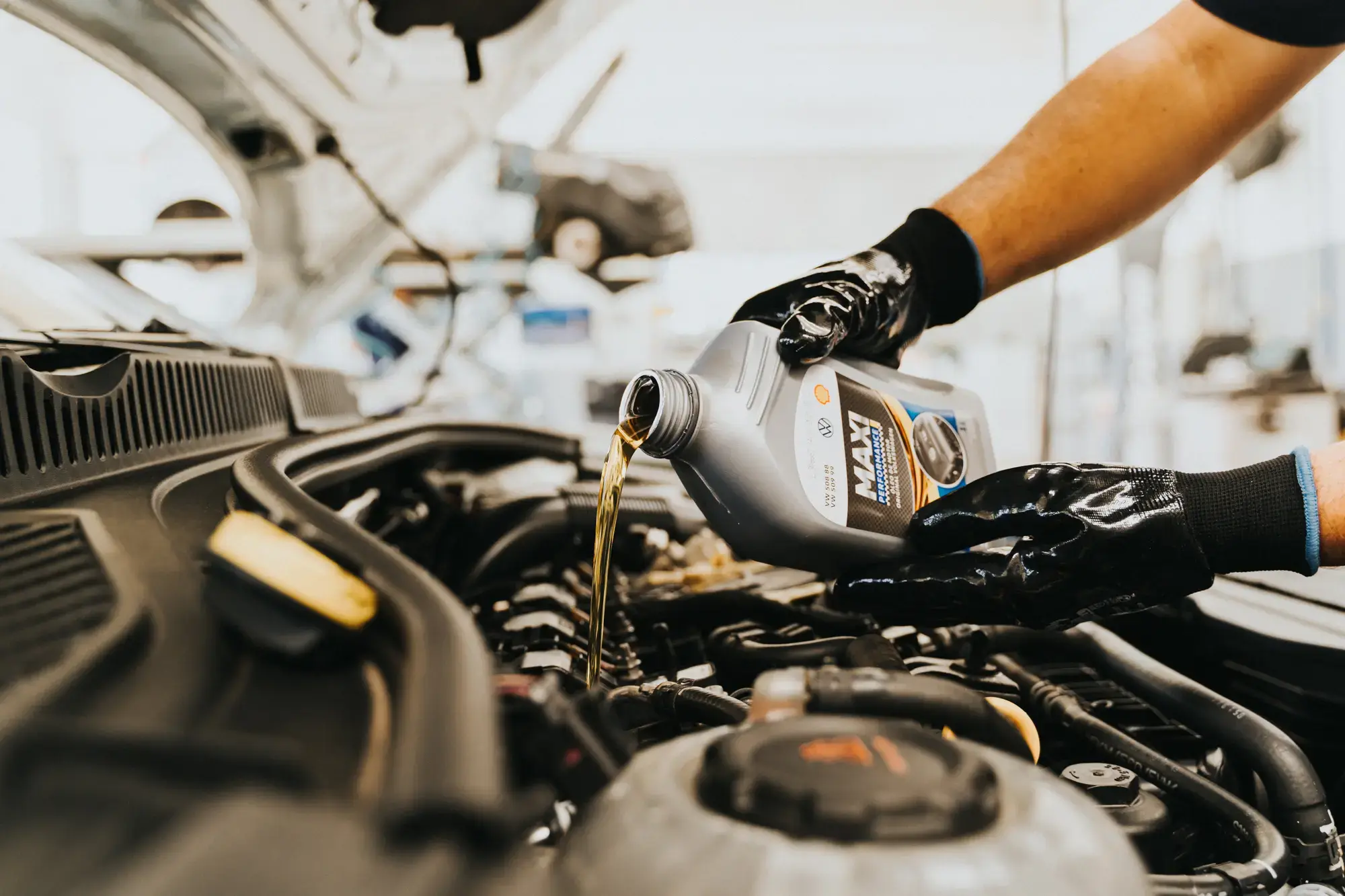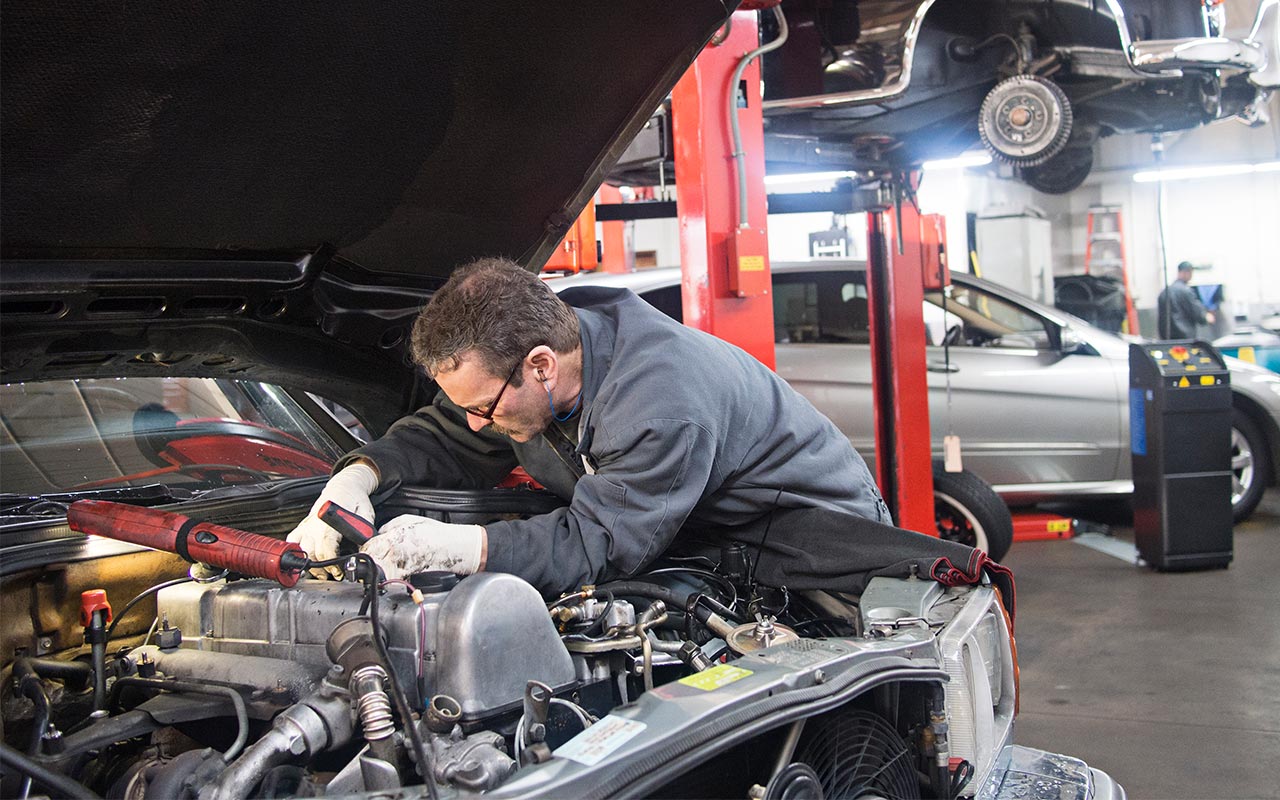
Experiencing an overheating automobile can be worrying, but exactly how you react is critical to staying clear of major engine damage. If your automobile's engine begins to overheat, it's vital to take instant activity to prevent further injury.
- Draw Over and Shut Off the Engine. Pull over to a secure location as quickly as possible if you notice the temperature level scale climbing or steam coming from under the hood. Remaining to drive while your automobile is overheating can cause substantial engine damage, including a blown gasket or distorted cylinder head. Turn off the engine quickly to prevent more damages. as soon as you have actually drawn over.
- Allow the Engine Cool. After shutting off the engine, enable it to cool down for at the very least 15 to thirty minutes. Don't try to open up the hood or radiator cap while the engine is hot, as this can result in significant burns from hot steam or coolant. It is essential to provide the engine adequate time to cool prior to continuing.
- Examine Coolant Degrees. Once the engine has cooled down, thoroughly open the hood and check the coolant degree. If the coolant level is fine, the overheating might be triggered by something else, and even more examination is needed.

- Inspect for Leaks or Damage. While the engine is cooling down, inspect for any kind of visible leakages or damages around the radiator, tubes, or coolant storage tank. A dripping radiator or tube can cause the loss of coolant, which will certainly trigger the engine to get too hot. If you see any type of damages, it's ideal not to drive the car up until the issue is repaired. In this instance, it's much safer to call for roadside aid or tow your vehicle to a service center.
- Reactivate and Screen the Temperature. You can try reactivating the engine if the coolant levels appear normal and no leaks are noticeable. Maintain a close eye on the temperature gauge as you drive. If the temperature starts increasing once again, draw over quickly, switch off the engine, and stay clear of additional driving. If the problem persists, it's crucial to have your auto evaluated by a professional auto mechanic.
Usual Sources Of Getting Too Hot. There are a number of potential reasons for an automobile to overheat. Several of one of the most usual include:

Reduced Coolant Degrees: Insufficient coolant can create the engine to get too hot. Leakages, evaporation, or bad upkeep are typical root causes of reduced coolant. Faulty Thermostat: The thermostat manages the engine's temperature by controlling the flow of coolant. If it malfunctions, it may stop coolant from flowing properly, bring about getting too hot. Water Pump Failing: The water pump circulates coolant throughout the engine. If the water pump is damaged, the coolant will not flow as it should, causing the engine to get too hot. Radiator Issues: A stopped up or damaged radiator lowers its capability to dissipate warm from the coolant, which can cause overheating. Broken Cooling Fan: The cooling follower helps regulate the temperature level by cooling down the radiator. If the follower is malfunctioning, the engine might get too hot, specifically in slow-moving website traffic or when idling. Preventative Upkeep to Stay Clear Of Getting Too Hot. To reduce the threat of overheating, routine car maintenance is necessary:
Screen Coolant Levels: Examine your coolant levels routinely, especially in the past lengthy trips, and cover up if needed. Check the Cooling System: Have your radiator and air conditioning system purged according to your auto's maintenance schedule. Change Worn or Broken Parts: Make certain that your thermostat, water pump, hoses, and belts are in excellent condition and replace them if they reveal indicators of wear. Look For Indication: Watch on your temperature level gauge while driving. Get your auto inspected out by an expert technician if it's consistently higher than normal. By complying with these steps and dealing with the overheating issue promptly, you can stop your vehicle from suffering costly damage. When needed, overheating doesn't have to lead to a breakdown if you respond swiftly and seek professional aid. Routine upkeep and early discovery are vital to keeping your engine running efficiently and preventing overheating altogether.
Navigation
Home
Latest Posts
Drive Kollective: The New Era of Automotive Excellence
Published Dec 27, 24
1 min read
Drive Kollective: Creating a Legacy for Drivers Everywhere
Published Dec 27, 24
1 min read
Comprehensive Response To Your Auto Fixing Questions
Published Dec 27, 24
1 min read